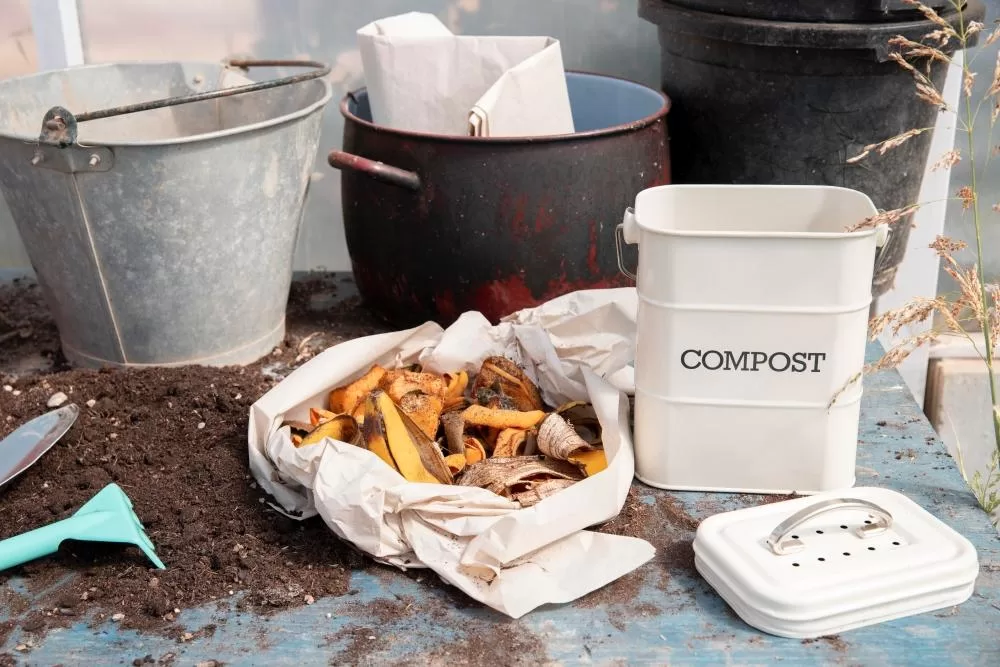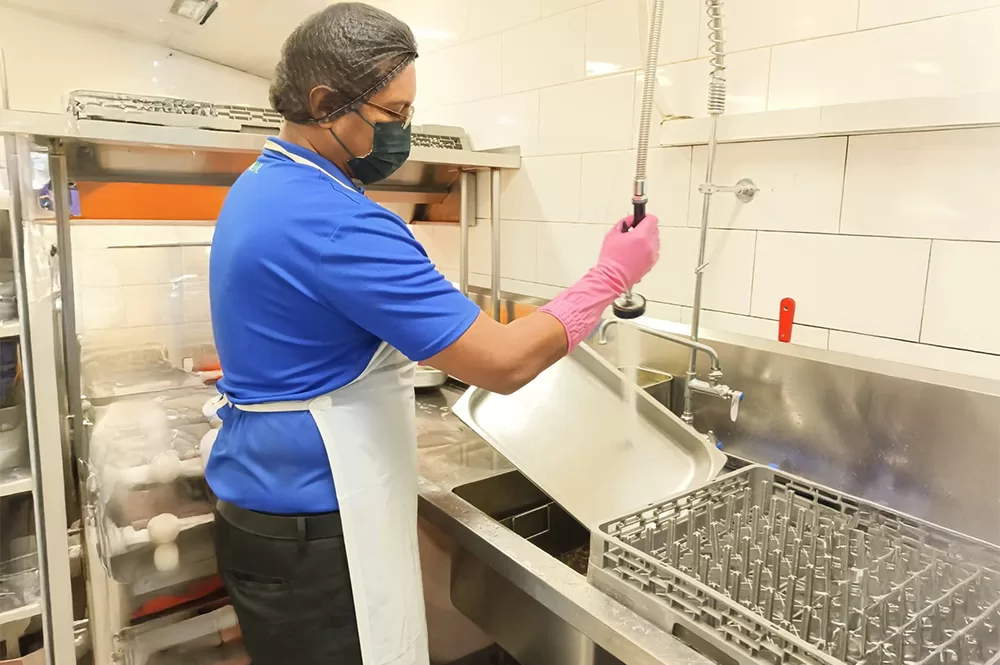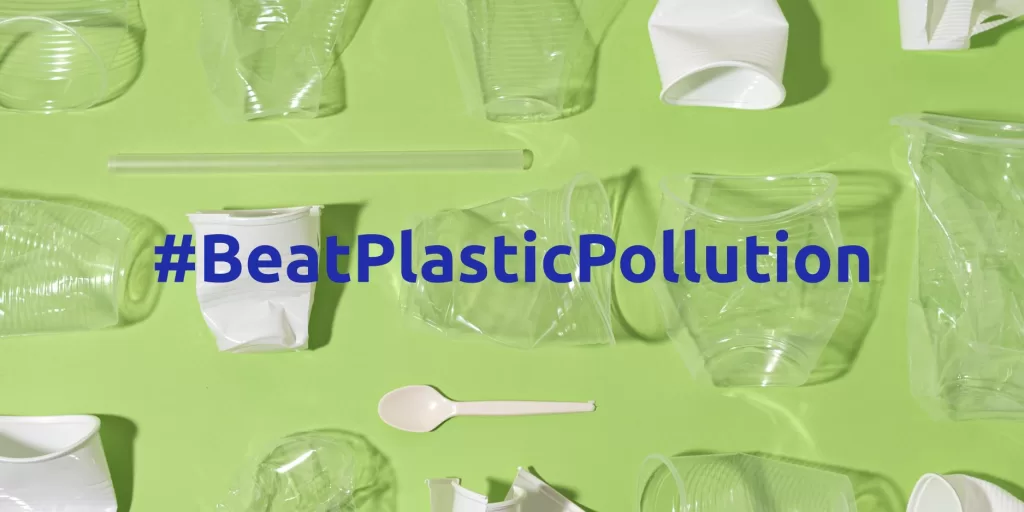While Singapore’s culinary landscape remains a source of delight, it can generate a significant amount of food waste. This, in turn, can pose an economic challenge for businesses and strain our environment.
However, there’s a growing trend towards food waste solutions that help reduce waste and contribute to a sustainable future. These solutions, including recycling, are changing how restaurants and other food businesses manage and reduce food waste in Singapore. Let’s delve deeper into it.
Benefits of Food Waste Recycling
Recycling food waste offers a compelling proposition for businesses in the culinary industry. It’s a crucial step in reducing food waste, and it’s becoming increasingly important for businesses looking to improve their sustainability profile.
From an environmental perspective, recycling food waste in Singapore can help reduce the amount of waste sent to landfills. This reduces methane production, a greenhouse gas that contributes to climate change. By diverting food waste from landfills, we conserve valuable space and reduce harmful emissions.
Economically, recycling food waste can help businesses to save operational costs. By reducing the volume of trash disposed of, restaurants or cafes can lower their waste disposal costs. Moreover, investing in food recycling in Singapore can enhance a company’s brand image.
Technologies and Practices in Food Waste Management
Effective food waste management in the culinary industry requires a combination of innovative technologies and best practices. These tools and techniques streamline waste management in cities and contribute to more sustainable and efficient operations. Partnering with waste disposal services in Singapore or leveraging waste consulting services can further enhance food waste reduction strategies for restaurants, hotels, and catering businesses.
Composting Systems: Composting systems allow businesses to transform food scraps into nutrient-rich compost. This compost can then be used to enrich soil, support plant growth, and reduce reliance on chemical fertilisers.
Anaerobic Digesters: Another technological solution is anaerobic digesters, which break down food waste without oxygen, producing biogas that can be used as a renewable energy source. Food waste digesters are particularly beneficial for larger food businesses that generate significant amounts of organic waste.
Best Practices: Beyond technology, adopting best practices is crucial. Source separation, where food waste is segregated at the point of generation, is essential for efficient recycling. Regular waste audit consulting services can help identify areas where waste generation can be minimised, while proper waste treatment processes ensure that food waste is handled and processed responsibly.
Challenges in Implementing Food Waste Recycling
While the benefits of food waste recycling are clear, culinary businesses often encounter challenges in adopting these practices. Understanding these hurdles is the first step towards finding practical solutions.
- Logistics: For smaller establishments with limited space, logistics can be a significant obstacle. Setting up separate waste streams for food waste requires dedicated bins and careful planning to avoid cross-contamination with other waste.
- Cost: Investing in composting systems or partnering with a waste management company in Singapore like BNL for food waste collection and processing involves upfront expenses that may seem daunting, particularly for businesses with tight budgets.
- Staff Training: Employees need to be educated on proper source separation techniques and the importance of adhering to new waste management protocols. Without adequate training, contamination of food waste streams can occur, rendering the recycling process less effective.
However, these challenges are not insurmountable. Solutions include:
- Optimising existing available space for food waste collection and storage.
- Exploring available government grants and incentives to help offset initial costs.
- Investing in staff training to ensure proper waste management.
Towards a Zero Food Waste Future in Singapore’s Culinary Scene
Food waste recycling is more than a responsible practice; it’s an investment in a sustainable future for Singapore’s culinary industry. By reducing waste, conserving resources, and minimising environmental impact, food businesses can contribute to a healthier planet and a more resilient economy.
As we strive towards a zero food waste future, let’s embrace the opportunities that food waste recycling presents. It’s a chance to reduce costs, enhance brand image, and contribute to Singapore’s vibrant culinary landscape.




